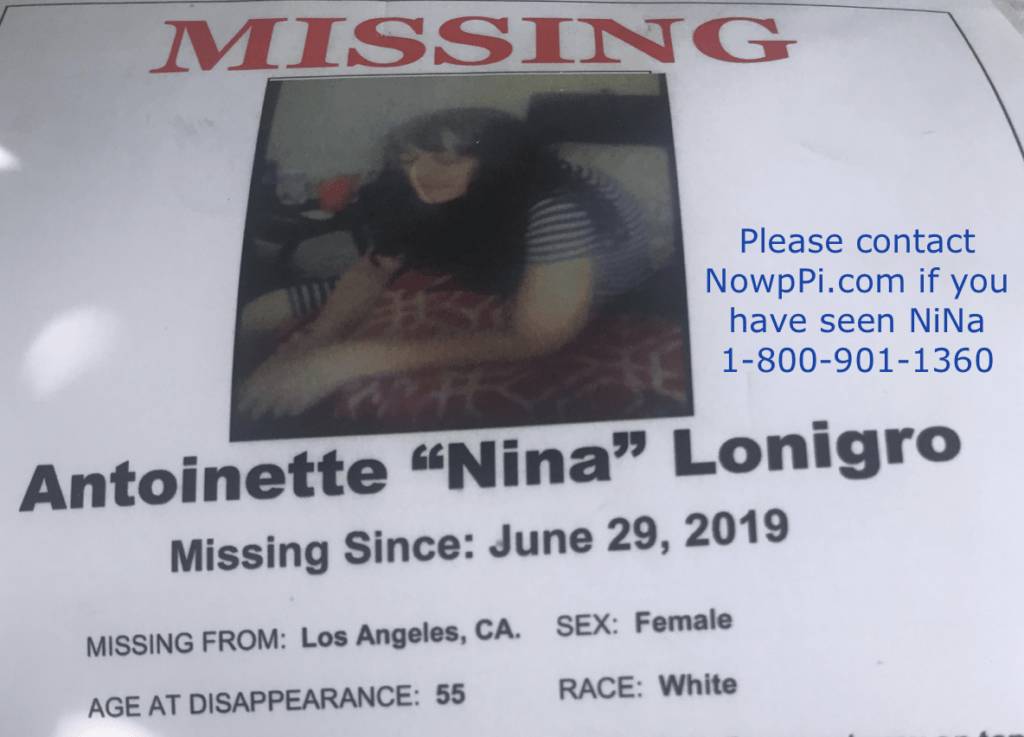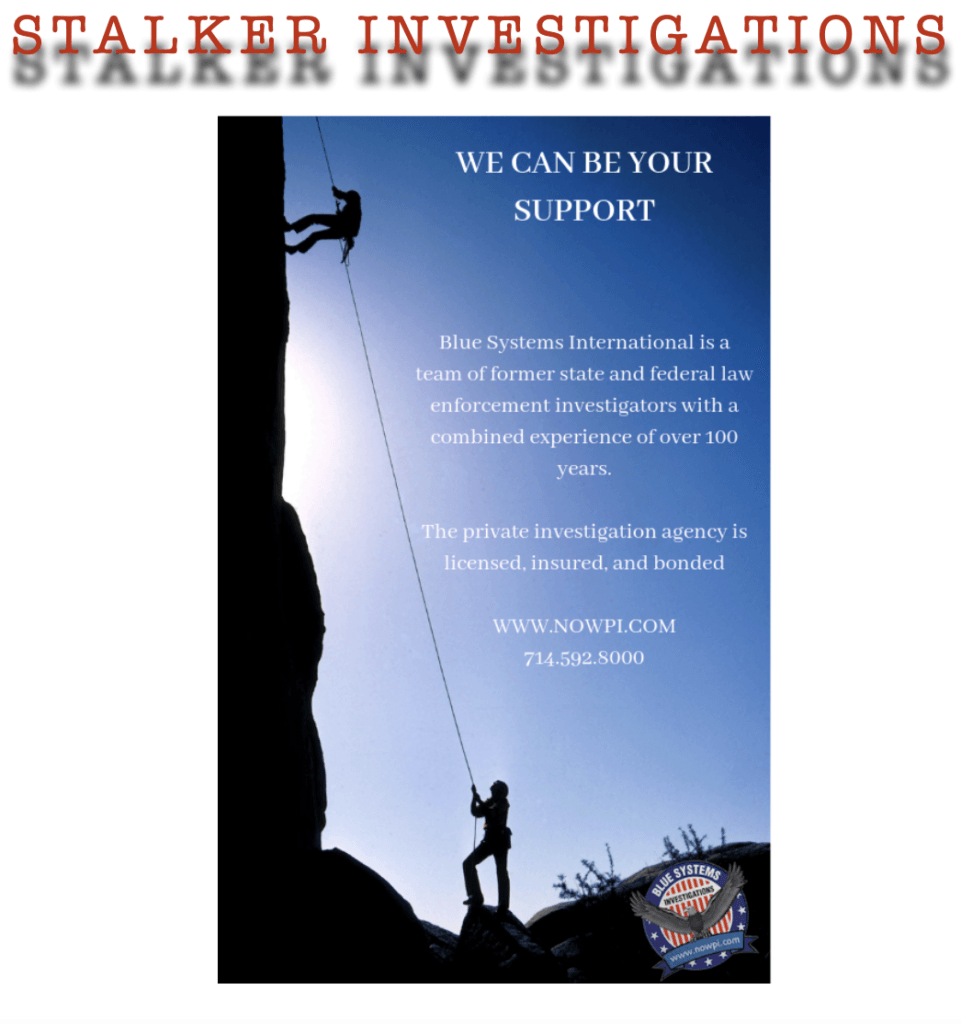Search Our Site
Latest Blog Posts
August 15, 2019
August 15, 2019
August 15, 2019
Follow us on Facebook
Certification
CA Private Investigator
License No. 28286
PI Services
Locations Served
Intake Forms
Video Center
julisajossef
NY Prosecutor: Annoying Someone Is A Criminal Act, Especially If It’s In Writing

Annoying-Someone-a-crime.
Some very interesting claims arose from oral arguments related to a case that has been kicked around the court system for a couple of years now. The case is People v. Golb , one that arose out of an extended disagreement between two college professors (Norman Golb of the University of Chicago and Lawrence Schiffman of NYU) over the origins of the Dead Sea Scrolls.
One thing led to another… which then (inexplicably) led to Norman Golb’s son, Raphael, creating more than 50 online aliases to create a ground swell of support for his father’s views… which then (even more inexplicably) led to Raphael Golb impersonating Lawrence Schiffman (via email) in order to portray Schiffman as a plagiarist — using Schiffman’s own email address. It is this Golb the People have a problem with.
(Even more inexplicably, this somehow also led to a lawyer claiming to represent Schiffman sending legal threats to bloggers who had covered the case, asserting that their “criminal postings” needed to be taken down immediately. Clifford A Rieders Esq. could not have picked a worst trio of bloggers to send baseless legal threats to: Scott Greenfield of Simple Justice , Eugene Volokh of the Volokh Conspiracy and Ken White of Popehat. Lessons were indubitably learned.)
In January of 2013, the court found that the younger Golb’s First Amendment rights had not been violated during his prosecution for impersonating Schiffman in order to discredit him.
The pre-Washington Post version of Volokh Conspiracy covered the relevant parts of the decision.
Defendant’s convictions arise out of his use of emails to impersonate actual persons. Nothing in this prosecution, or in the court’s jury charge, violated defendant’s First Amendment or other constitutional rights… Among other things, defendant sent emails in which one of his father’s rivals purportedly admitted to acts of plagiarism…
Defendant was not prosecuted for the content of any of the emails, but only for giving the false impression that his victims were the actual authors of the emails. The First Amendment protects the right to criticize another person, but it does not permit anyone to give an intentionally false impression that the source of the message is that other person (see SMJ Group, Inc. v 417 Lafayette Restaurant LLC, 439 F Supp 2d 281 (SD NY 2006]).
This decision is now being appealed, and the Volokh Conspiracy (Beltway Edition) is again on the scene , pointing out how the prosecutor is pushing for a very broad reading of relevant statutes — something that will be of concern to anyone who might say something offensive via the internet.
I’ve blogged before about the danger of criminal harassment laws, when they are extended beyond offensive speech to one particular unwilling person — the traditional telephone harassment example — and apply instead to speech about a person. (See posts here and here , as well as this law review article , which starts by concrete examples of how such laws have been used.) And the prosecutor’s statement in this argument helps illustrate just how broadly prosecutors can read such laws.
Eugene Volokh quotes part of the oral arguments presented April 2nd . Here’s the lead-up and the relevant quote, both of which highlight the prosecutor’s (Vincent Rivellese) ridiculous stance, as well as the judges’ incredulity at what’s being claimed.
CHIEF JUDGE LIPPMAN: Is this aggravated harassment or is this just annoying behavior?
MR. RIVELLESE: Well, it’s both, that’s for sure. What’s the – – –
CHIEF JUDGE LIPPMAN: Well, but is it technically a crime? Can it be in this kind of – – –
MR. RIVELLESE: Yes.
CHIEF JUDGE LIPPMAN: Isn’t that a little bit overbroad?
MR. RIVELLESE: No.
CHIEF JUDGE LIPPMAN: No? Go ahead. Why not?
MR. RIVELLESE: This – – – this is the closest argument obviously in the case, but the aggravated harassment involves an intent to harass, annoy or alarm, and it’s – – – it’s got an intent that’s required. It’s also got the likelihood of harassing or alarming the recipients or the victims. It’s also got – – –
JUDGE SMITH: If I – – – if I ask you a question that I expect to be an annoying question, and is likely to be an annoying question, am I committing a misdemeanor by asking the question?
MR. RIVELLESE: No, because there’s no writing. The aggravated harassment – – –
JUDGE SMITH: Oh, but – – – oh, but if I submitted the question in writing, it would be a misdemeanor?
MR. RIVELLESE: Well, if – – – if you conveyed to somebody. So if you e-mailed somebody or you wrote a letter – – –
JUDGE SMITH: Really? Really?
The delineation is obviously foggy if saying something is no crime, but writing it down is . Further on:
JUDGE SMITH: If I e-mail someone an annoying question, I get a year?
MR. RIVELLESE: Well, it has to be likely to annoy, harass, or alarm – – –
CHIEF JUDGE LIPPMAN: So if Judge Smith put what he’s asking you now in writing, this is a crime?
MR. RIVELLESE: I’m not annoyed. I’m not annoyed. So I’m fine.
CHIEF JUDGE LIPPMAN: Oh, okay, you’re not annoyed. Okay. It might have been mis – – –
JUDGE SMITH: Give me – – – give me time.
MR. RIVELLESE: The proper discussion – – –
JUDGE ABDUS-SALAAM: Counsel, is it that subjective that the person who receives the question has to feel that it’s annoying?
MR. RIVELLESE: Well, no, it is – – – it’s reasonableness.
JUDGE ABDUS-SALAAM: It has to have an objective right.
So it would appear. Objective but not subjective, but in this case, with the impersonation of another person, Rivellese seems to feel that it’s actually more a subjective problem, especially when it’s not even the victim who’s being directly targeted. And the “intent to annoy and alarm” exception to the First Amendment should be enforced even if the speech is about a person rather than directed at a person.
JUDGE PIGOTT: But as a third – – – you’re saying there can be a third-party aggravated harassment.
MR. RIVELLESE: Yes, if still – – – there’s still an intended victim.
JUDGE PIGOTT: So if – – – well, that’s I – – – you get – – – you get three college kids – – – you get some college kid who write – – – who e-mails the girlfriend of his roommate saying, you know, he really is a useless person. Is that aggravated harassment with respect to the victim, boyfriend/roommate?
MR. RIVELLESE: Yes , because it’s got – – –
JUDGE PIGOTT: Really?
MR. RIVELLESE: It meets all the elements. It does not require that the person that you send the communication to is the same person that you intend to harass, annoy and alarm.
This is what alarms Volokh. The narrow targeting of the First Amendment exceptions are being broadly read by prosecutors. This is the sort of expansion — one that pushes behavior normally subject only to civil actions into criminal territory — that invariably makes its way into newly-crafted laws targeting online behavior.
Here’s what Volokh originally said about the decision that’s now being appealed.
Intentionally trying to make others believe that someone did something (write an e-mail) that he did not inflicts specific harm on that other person, whether by harming his reputation or at least by making others think that he believes something that he doesn’t (which will often be civilly actionable under the false light tort). To be sure, that usually leads to civil liability , but nothing in the Court’s decision suggests that criminal liability in such cases is impermissible, especially when the law is limited to relatively clearly identifiable falsehoods , such as falsely claiming to be someone you are not.
That’s much more limited than what the prosecutor’s arguing. His argument removes the limitations (falsehoods and false impersonation) and suggests that nearly any attempt to harass or annoy someone is a criminal offense. This is on top of his claim that there’s a clear delineation between oral and written speech, with the latter being the more “criminal” of the two. It’s this sort of broad reading that makes nearly every new cyberbullying/harassment law a handy new tool to criminalize a vast swath of online behavior.
The post Is annoying someone a crime ? appeared first on Blue Systems International.









Per your conversation and consultation with the private investigator, Please complete the private investigator agreement.
1. Please review and fill out agreement at the link above.
2. Enter the amount of $ retainer you were quoted during the consultation.
3. Sign, Email, fax back to 1-800-430-3887 with a copy of your ID and credit card.
4. You may also mail a check to:
Blue Systems International
P.O Box 4415
Westminster, CA 92684
Please make sure the agreement is filled out correctly and don't forget to include a copy of your identification and credit card.
Blue Systems International private investigator services are exceptionally professional and all private investigators are eager to provide the client with outstanding services. It's our promise and commitment to all of our clients; Since it’s a wonderful, priceless and beyond words can describe, the best accomplishment, feeling to be able to make a difference and help a person in need of justice. All of BSI private investigators are trained, experienced, motivated and focused on the client’s needs, in order to help and assist the client to achieve the most satisfying and fruitful results and outcome.
Blue Systems International (BSI) is a team of professional private investigators. The private investigation agency is licensed, insured and bonded. We look forward to exceeding your expectations.
Free case evaluation
© 2023 NowPI.com. All Rights Reserved.





